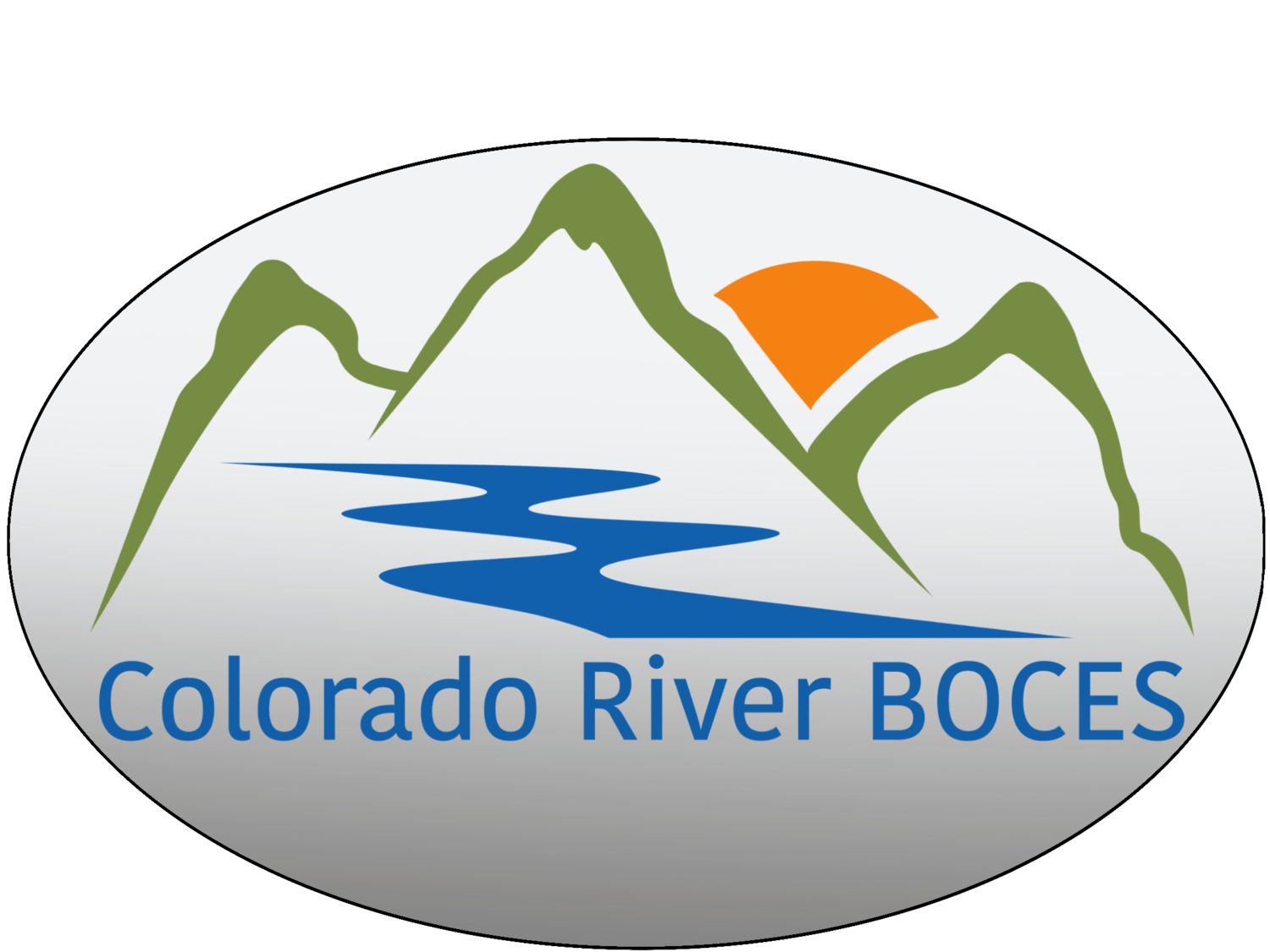
Licensure 101
Alternative Licensure can be confusing! The most basic way to think is simply that it is an “alternative” way for people to seek and obtain their educator license. Traditional pathways (college) have tremendous value for many individuals looking to get their license; however, for people who already have a bachelor's degree (or higher), going back to college, even in an online program, may not be the best match. The alternative pathway was designed specifically for those individuals.
You can see in the table below that there are four areas of licensure, only two of which are allowable to obtain through the alternative pathway (teacher and principal). Special Service Providers, such as speech and language pathologist or occupational therapist, and district level administrative positions (director of special education, superintendent) are not currently authorized by the legislature to be obtained through the alternative pathway.
Licenses
Teacher
Principal
Special Service Provider
Administrator (District level)
Authorizations
Substitute Teacher
Other Authorizations
To add to the complexity, you must obtain both a license and be endorsed to teach in a particular subject area and grade. There are multiple endorsements to add to a teaching license, which are also specific to grades. To use an analogy, your license is like your bachelor’s degree and your endorsement is like your major.
Regardless of the program model that they participate in, applicants must demonstrate the necessary qualifications to obtain a license which includes verification by the agency or college along with an endorsement that clarifies in what subject and grade levels you are qualified to teach.
One of the greatest benefits of the alternative licensure pathway is that participants work as a teacher while completing the program. Participants are issued a time limited “Alternative Teacher License” with the appropriate endorsement area while they work through the program. Upon successful completion, they trade that license in for a regular Colorado Teaching License, which allows them to teach anywhere in Colorado and is transferable to some other states.
The ability to teach in a classroom requires the completion of three different tasks. The order of completion varies depending on the candidate's situation. See the graphic below.
NEW - CDE has added a new authorization (called the Interim alternative authorization) that allows candidate who require more time to prepare for a Praxis test in order to demonstrate content knowledge. You can apply for either the Alternative License OR the Interim Alternative Authorization

